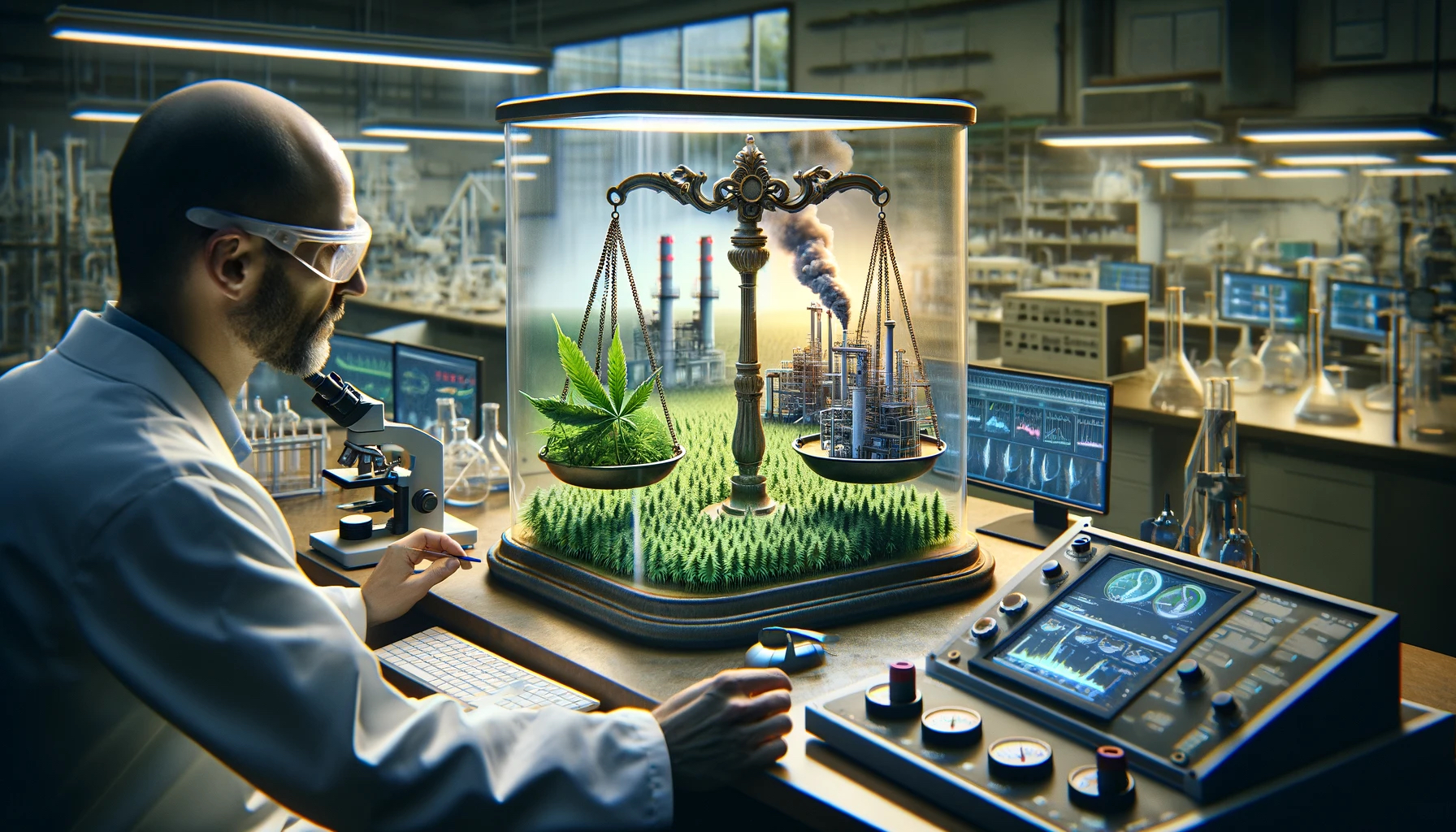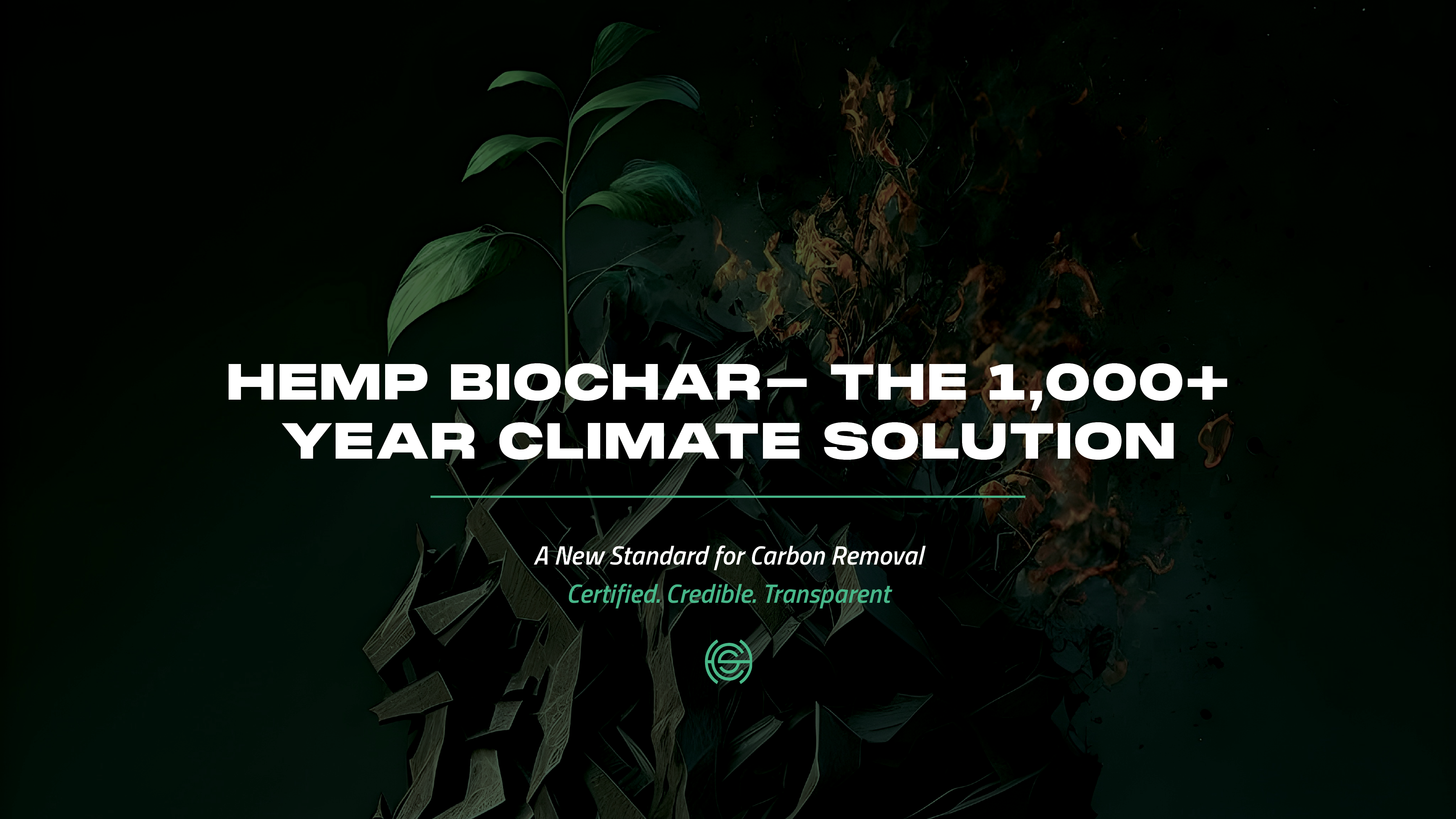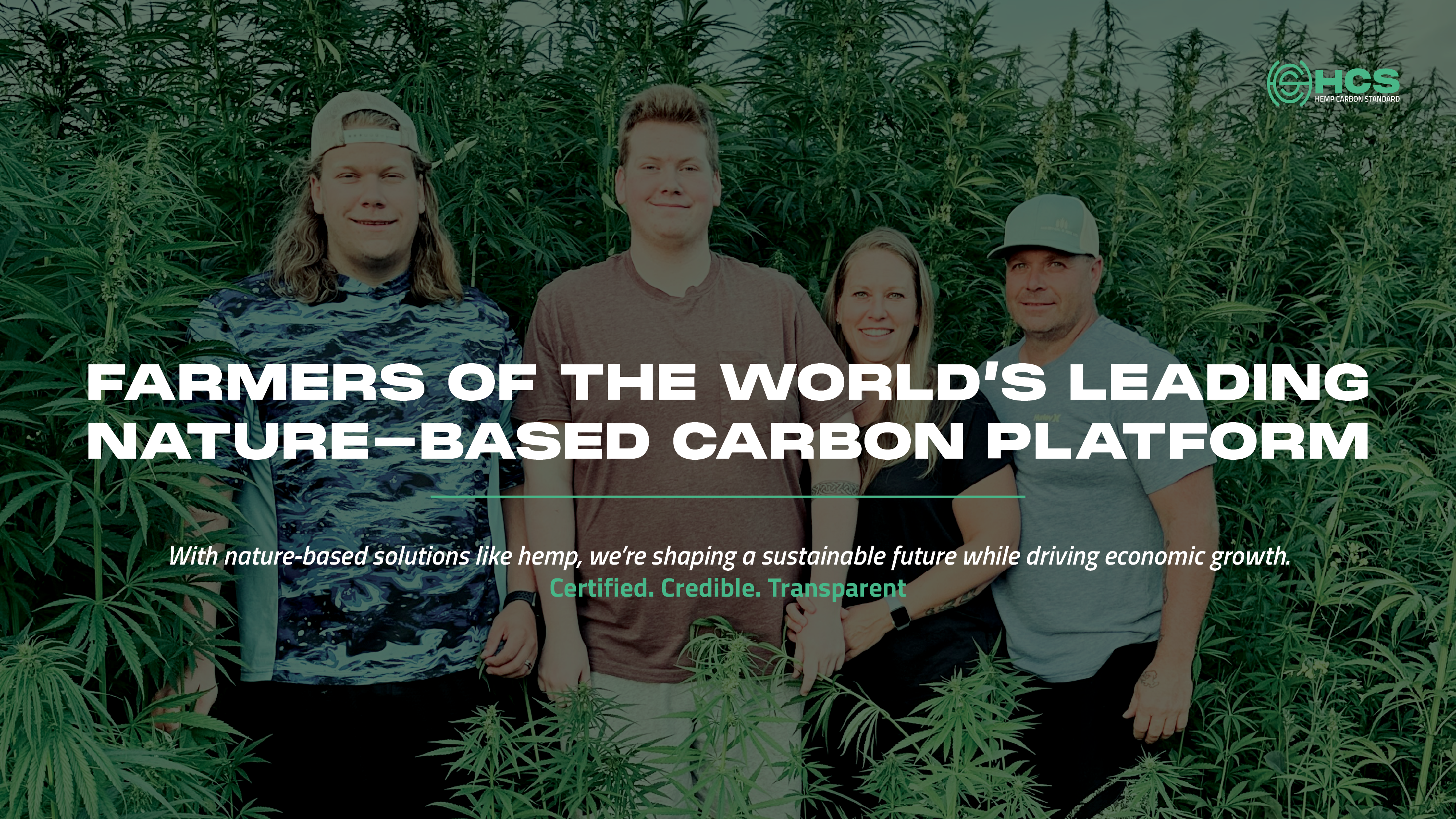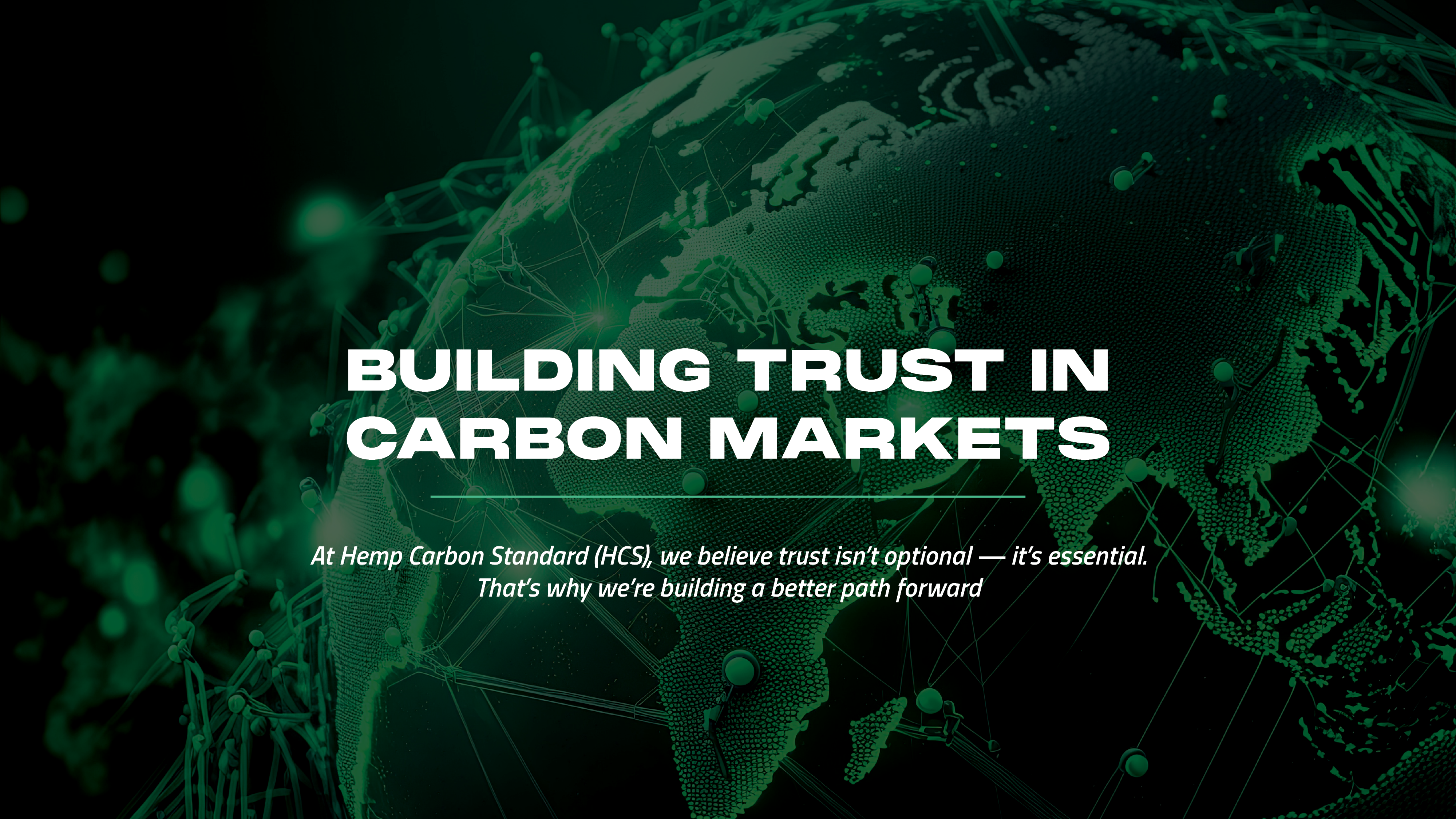A new breed of registry is emerging in the world of environmental sustainability, the quest for more effective carbon offset solutions has led to significant innovations. Among these, Trusted Carbon emerges as a pioneering force, redefining the carbon offset market with its precision-based approach. Unlike traditional carbon offset registries that often rely on theoretical measurements and estimations, Trusted Carbon utilizes advanced technology and precision quantification methodologies, offering a more accurate and reliable means of carbon offsetting.
The Precision Paradigm
At the heart of Trusted Carbon’s approach is the commitment to precision quantification. This method departs from conventional practices that typically use assumptions and generalized models to estimate carbon sequestration. Instead, Trusted Carbon employs cutting-edge technologies, including Earth Observation, Satellite data, and Flux Towers, combined with recognized “ground-truth” techniques. This allows for the precise measurement of CO2 fluxes, ensuring that each carbon credit represents an accurate amount of CO2 sequestered from the atmosphere.
Technological Edge
The utilization of advanced technologies is what sets Trusted Carbon apart. Satellite imagery provides a comprehensive overview of carbon capture projects, enabling continuous monitoring and verification of CO2 sequestration levels. This real-time data collection is crucial for maintaining transparency and accountability in carbon offsetting efforts. Moreover, integrating AI algorithms with satellite data analysis enhances the accuracy of carbon quantification, minimizing the risk of over-crediting and ensuring that each carbon credit is backed by verifiable carbon removal.
Benefits Over Traditional Methods
Traditional carbon offset methodologies often rely on estimations that can lead to discrepancies in the actual amount of carbon sequestered. This uncertainty can undermine the credibility of carbon offset projects and deter potential investors concerned about the environmental impact of their contributions. Trusted Carbon’s precision quantification methodologies address these concerns by offering a higher level of accuracy and reliability. This not only bolsters confidence in carbon offsetting as a viable solution for mitigating climate change but also encourages more businesses and individuals to participate in carbon offset programs.
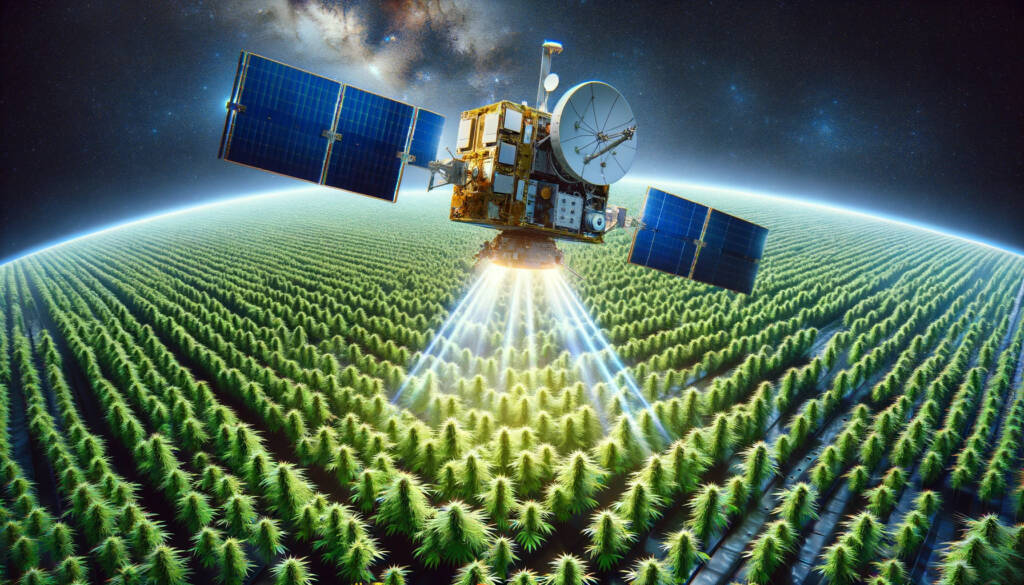
Encouraging Regenerative Agriculture
Another significant advantage of Trusted Carbon’s approach is its support for regenerative agricultural practices. By focusing on nature-based solutions like the Hemp Carbon Standard, Trusted Carbon promotes sustainable farming techniques that enhance soil health, biodiversity, and CO2 absorption. This not only contributes to carbon sequestration but also supports the livelihoods of farmers and strengthens local ecosystems. The emphasis on regenerative agriculture underscores Trusted Carbon’s holistic approach to environmental sustainability, addressing climate change while fostering economic and ecological resilience.
The Path Forward
As the world grapples with the escalating impacts of climate change, the need for innovative and effective carbon offset solutions has never been more urgent. Trusted Carbon’s precision-based approach represents a significant leap forward, offering a model for how technology and scientific rigor can enhance the integrity and impact of carbon offsetting efforts. By prioritizing accuracy, transparency, and ecological sustainability, Trusted Carbon is not just revolutionizing the carbon offset market; it’s setting a new standard for how we address one of the most pressing challenges of our time.
Trusted Carbon’s methodology heralds a new era in carbon offsetting. Its reliance on advanced technology and precision quantification not only offers a more accurate measure of carbon sequestration but also paves the way for sustainable practices that benefit the planet and its inhabitants. As companies and individuals increasingly seek credible ways to offset their carbon footprint, Trusted Carbon stands out as a beacon of innovation and reliability, guiding the way toward a greener, more sustainable future.

